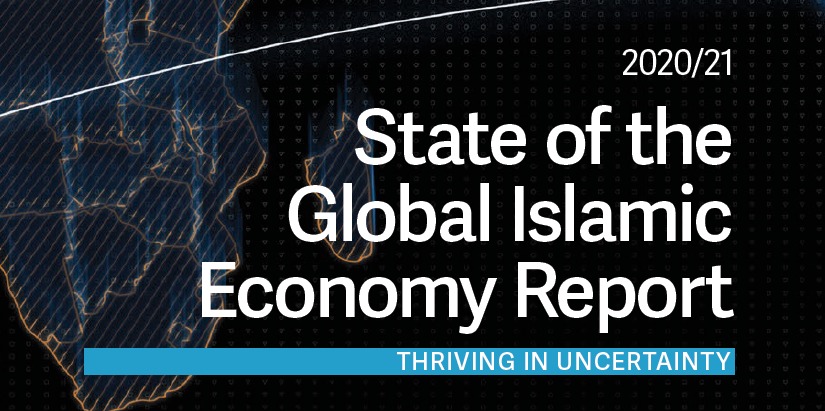State of the Global Islamic Economy 2020/21 Report - English Executive Summary
Description
The State of the Global Islamic Economy report since 2013 has covered the key sectors that are structurally affected by Islamic teachings and requirements: Islamic finance, Halal Food and Beverages, Halal Pharmaceuticals, Halal Cosmetics, Muslim-friendly travel; Modest fashion; Islamic-themed media and recreation. Despite the havoc wreaked by COVID-19, the past year saw many notable developments in the Islamic economy —led by an acceleration in digital transformation, disruption in global supply chains, and increased government focus on food security-related investments.
Executive Summary
This year’s report estimates that Muslims spent $2.02 trillion in 2019 across the food, pharmaceutical, cosmetics, fashion, travel and media/recreation sectors, all of which are impacted by Islamic faith-inspired ethical consumption needs. This spending reflects a 3.2% year-on-year growth from 2018. In addition, Islamic finance assets were estimated to have reached $2.88 trillion in 2019. The pandemic is forecasted to result in an 8% decrease in global Muslim spending in 2020 for the Islamic economy sectors covered in this report. All of these sectors, except travel, are expected to return to pre-pandemic spend levels by the end of 2021. Muslim spend is forecasted to reach $2.4 trillion by 2024 at a 5-year Cumulative Annual Growth Rate (CAGR) of 3.1%.
